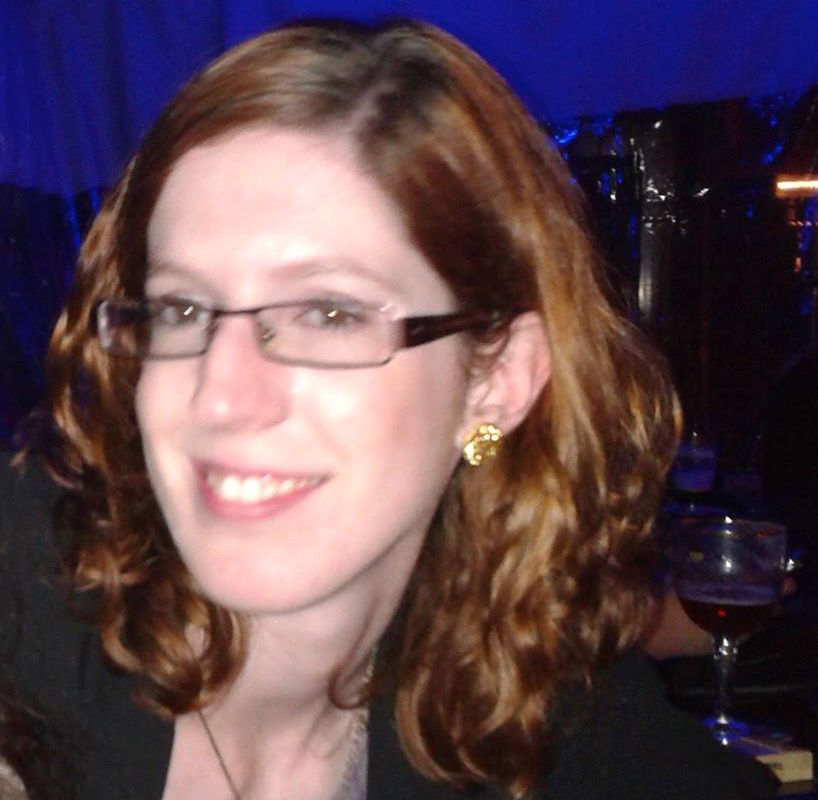Writing Tips for Designers
Writing is an inevitable part of a designer’s day-to-day: preparing work proposals, composing lengthy official emails, creating copy for designs. Even though you first set out to develop a career in a visual field, soon enough you will discover that using that particular brain function is not enough, and will be forced to go literal (literally).
Unfortunately, creating copy is not as easy as it looks (well, unfortunately for designers, at any rate. Definitely fortunately for us writers, who would have very little paying work if writing came easily to everyone.) But fear not, fellow creatives! I’m here to help with a couple of writing tips for getting those wordy juices flowing and the words out of your head and onto the page.
If you’re in a rush
If you’re in a rush and need it done now, what you might often find is that the more stressed you become, the less able you are to get into that writing flow. The key here is to get the fingers moving and once you’re in a writing state of mind, the rest will come easy (or easier, at least.)
One thing I find helpful is to write around the topic. Jot down general, vague ideas. Write bullet points. Type in things you know about the product, or things you know your client will want to emphasize, or even buzzwords that might help you connect to the theme. Later these could end up in your copy or in the trash; that’s not important. What’s important is to start seeing the white page fill up with relevant text that can trigger that sought-after copy.
If you’re not in a hurry
If you’re not in a hurry, the best thing to do in my own experience is to let things simmer. Start rolling the general idea in your head when you’re calm and unstressed. What I usually do is find a way to distract that part of my brain that wants to be hyperactive all the time, so that the rest can get to work: I take a walk outside, or ride the bus and listen to some music (assuming I actually have somewhere to go, of course.)
I even have a solution for when I’m stuck at home: mindless platform games. Sounds counterintuitive, I know, but here’s the thing – it’s only procrastination for the first couple of minutes while you still have to focus on the game to actually succeed in it. After a bit of practice it will become an afterthought, like how you don’t have to think about driving while you’re driving. Mind you: the stupider, the better. A simple, idiotic game like Icy Tower can help you come up with amazing insights and do some real deep thinking.
Get to that critical tipping point
Once you start rolling ideas you’ll see more and more will come to you. Eventually you will get to that critical mass of thoughts, where you simply can’t stand to keep it in your head anymore. Your whole body will want to just get it out on the page and clear the mind for the next idea to begin formulating. Don’t worry about writing it perfectly, just write it down! Get your flow on and don’t stop until you’re absolutely done getting it all out on the page.
Walk away. Do something else.
Immediate editing is no good; if you can spare the time, you should – perspective needs it. Work on something else for a couple of hours, even put it off for a day or two if you can afford to. That will give you the opportunity to look at the text with a fresh look.
Edit, edit, edit.
Now comes the part that takes your words from good to great. Cut out everything that’s unnecessary. Lengthy copy is rarely effective. Play with the jargon, with your word choice, with your sentence structure. Don’t be afraid to try something weird – it might grow on you.
Your current task is to peel off the nonsense and bring out the excellent copy that’s hiding in the page. You can try showing it to someone else if you feel it might help, but be careful – too much advice can be confusing, and after all, this is your vision (and your work being judged by the client.)
And finally, if all else fails and you just need a break, William Safire’s fumblerules of grammar are always an inspiration.
Good luck!

Tali is a freelance writer, editor and translator based in Tel Aviv. She has an MLitt in English from the University of St Andrews, Scotland. She has published op-ed pieces and articles in various magazines in the UK and Israel, and currently working on some pretty exciting projects, so keep your fingers crossed.
Super!
Good stuff is on the way.
Oops! Something went wrong while submitting the form :(



